Deputy PM urges Korea Telecom–Viettel partnership in AI, data centres
Deputy Prime Minister Nguyen Chi Dung has reaffirmed that the Vietnamese Government encourages businesses from the Republic of Korea (RoK), including Korea Telecom (KT), a major mobile carrier, to invest in large-scale projects in Viet Nam, particularly in high-tech and emerging technology sectors where the RoK has strengths and Viet Nam has demand.
During a meeting with KT CEO Young Shub Kim on May 26 in Ha Noi, Dung emphasised the importance of cooperation, shared development, and joint efforts in building value and supply chains in the region and globally.
 |
|
Deputy Prime Minister Nguyen Chi Dung (fifth from left) receives a delegation from Korea Telecom on May 26. |
The Deputy PM noted that the RoK has long been one of Viet Nam’s top investors, significantly contributing to the country’s socio-economic development.
Nearly all major Korean conglomerates have established a presence in Viet Nam. The Deputy PM expressed hope that KT, as another major player, will soon follow suit.
He encouraged KT to become a strategic partner with Viet Nam rather than just a strategic investor. Instead of concentrating solely on profit, KT should align itself with Viet Nam's development goals and collaborate closely with the country to create mutually beneficial outcomes. Dung suggested that by adopting this approach, KT could achieve greater success, even as a later market entrant.
Welcoming the proposed partnership between KT and Viet Nam's tech giant Viettel, the Deputy PM suggested KT consider joining Viettel in developing low-Earth orbit satellites and generative AI for socio-economic applications, where Viet Nam is building capabilities.
Dung also shared Viet Nam’s ambition to become a global leader in AI and robotics, encouraging KT to explore collaborative models with Viettel that combine their strengths to pursue large-scale, strategic initiatives aligned with both sides’ visions.
Specifically, he proposed that KT and Viettel jointly establish a training and research centre, as well as an AI data centre. These institutions will provide large-scale, systematic training for personnel in Viet Nam and the RoK.
He also recommended that KT partner with the National Innovation Centre (NIC) to help develop high-quality human resources in AI.
For his part, Young Shub Kim said that since its founding, KT has focused on services and telecommunications rather than manufacturing.
It currently holds the second-largest market share among the RoK’s telecom providers and is the nation’s top contributor to the telecom sector. However, the group has yet to make significant investments in Viet Nam.
As the global telecom market nears saturation, the CEO explained that KT is evolving into a specialised operator focused on AI and ICT. Like Viet Nam and many other countries, the RoK strives to keep up with AI advancements driven by the US and China.
KT is seeking ways to implement the world's most advanced AI technologies in Korean industries. This motivation has prompted KT to explore long-term collaboration with Viettel in research and new business ventures within the Vietnamese market, aiming to establish a mutually beneficial relationship.
He expressed hope that the KT–Viettel partnership would develop in a spirit of mutual support, with KT sharing its experience while also learning from Viettel’s local market knowledge to produce visible, practical results.
 Bắc giang
Bắc giang
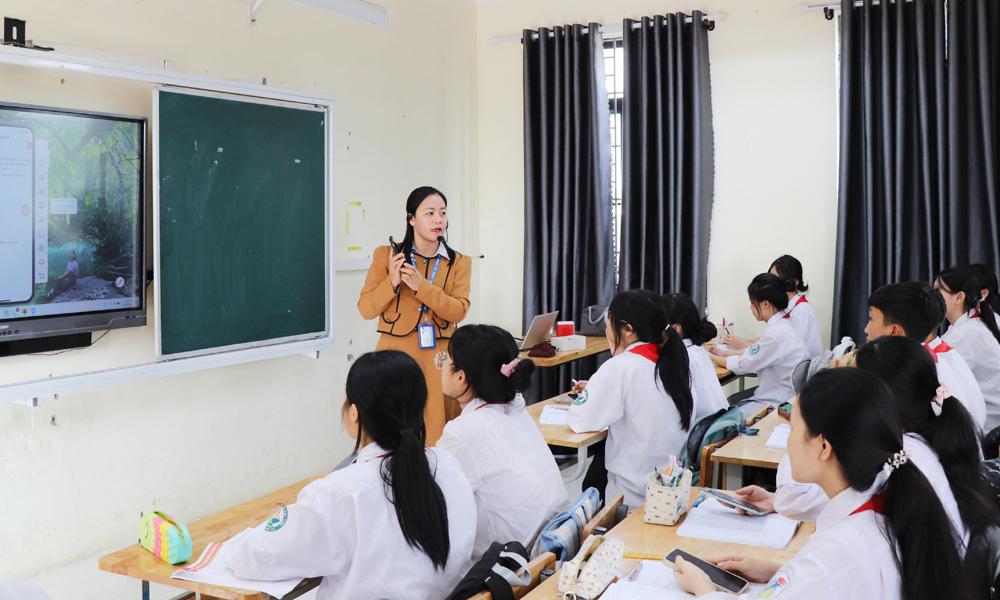

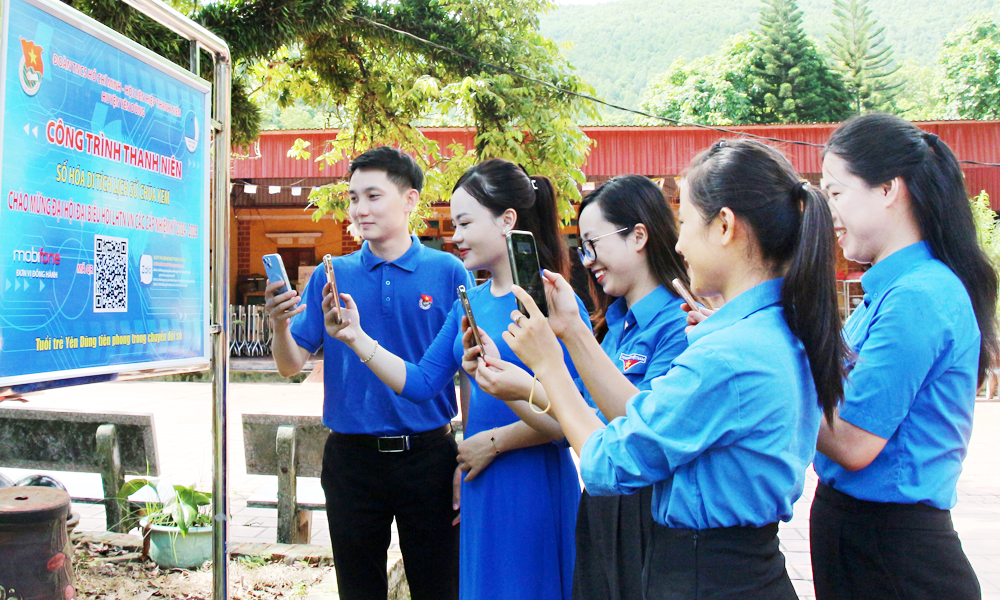




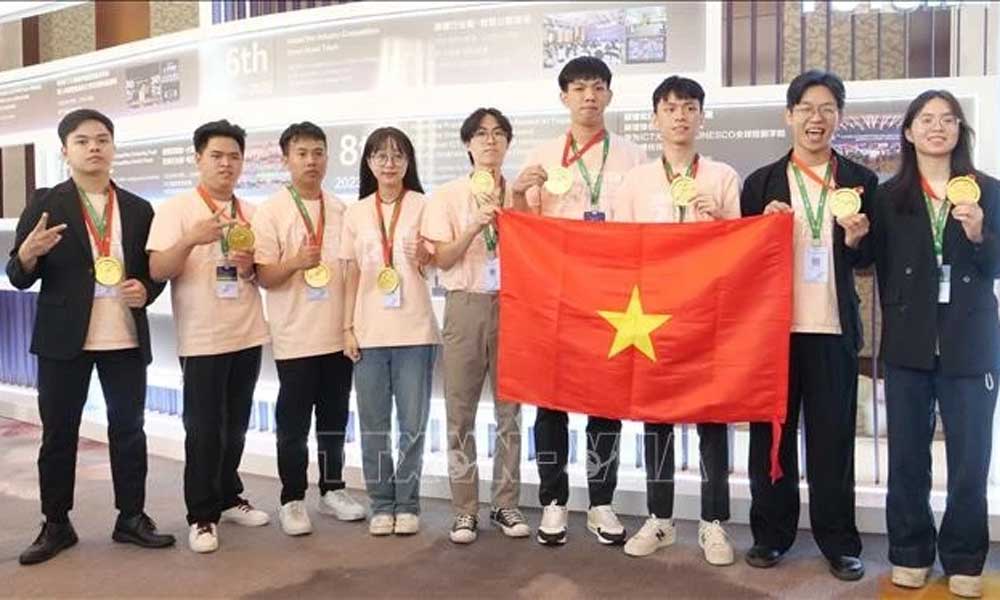


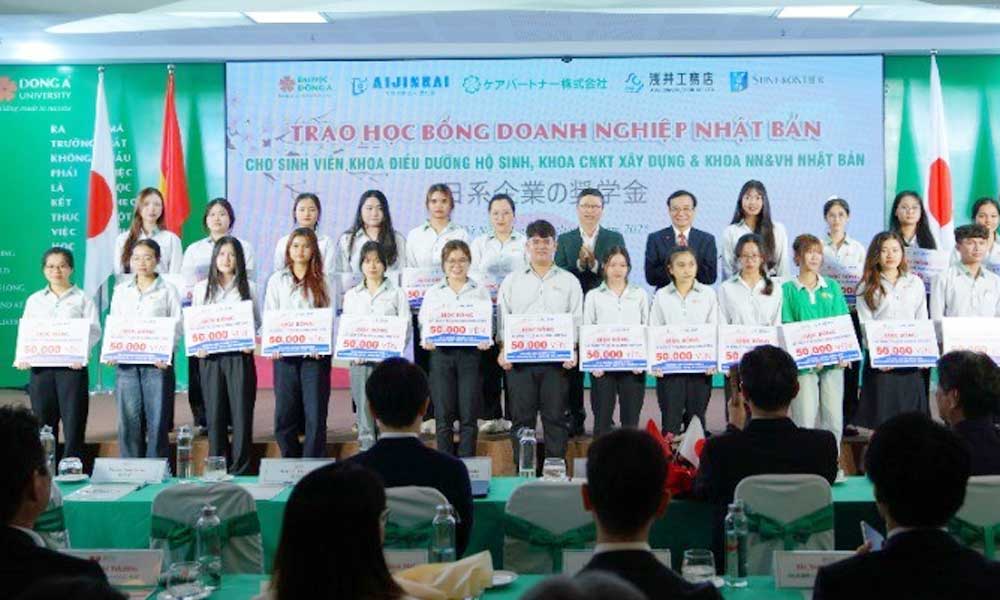

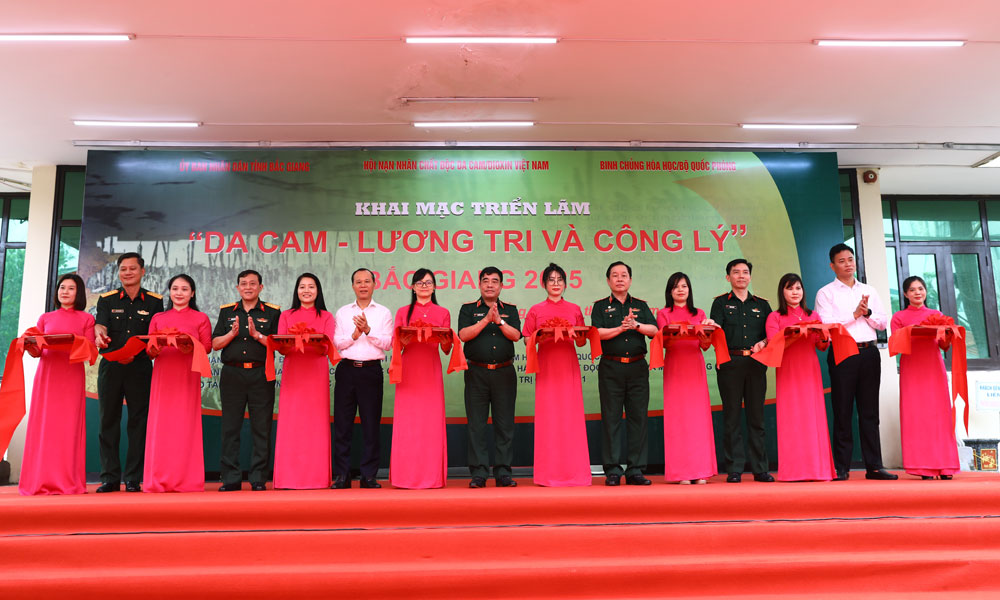

Reader's comments (0)